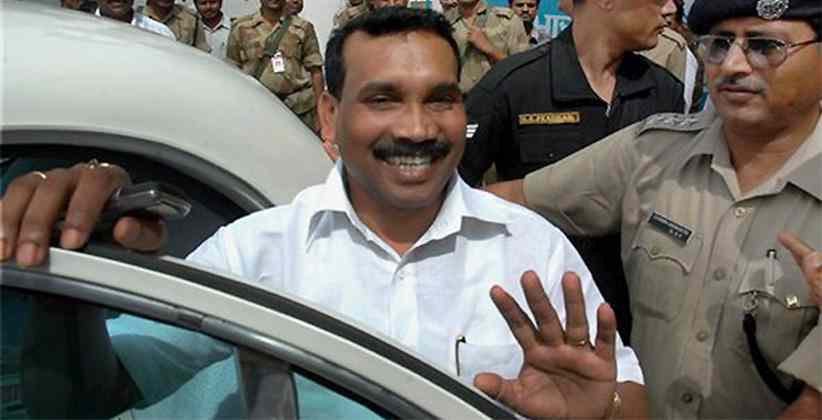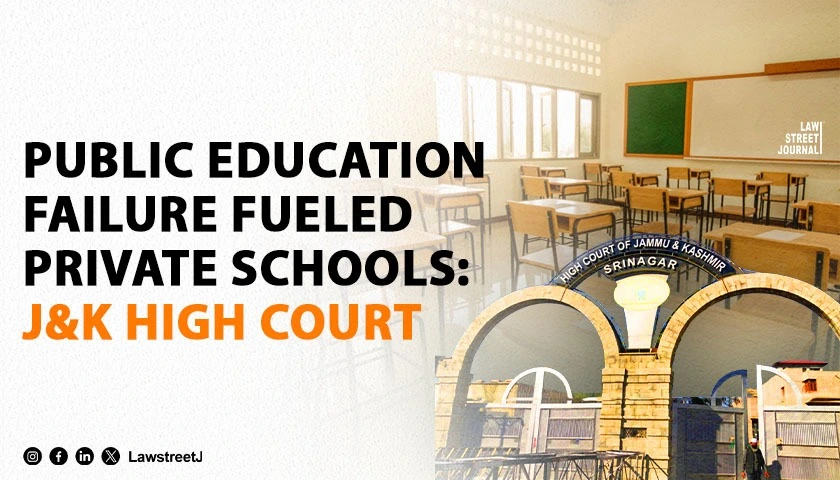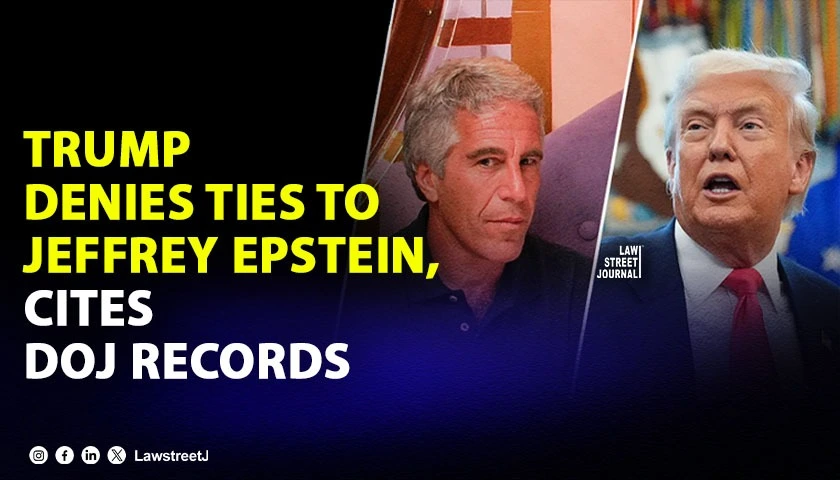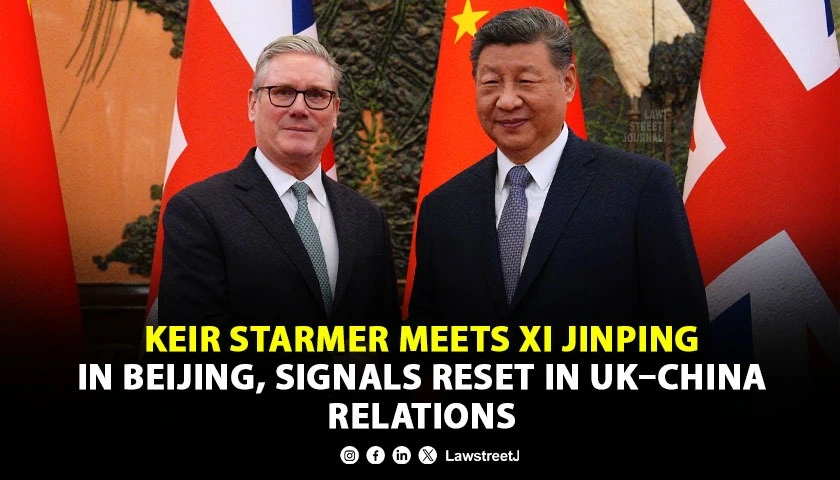Vide its judgment dated May 22, 2020, a Single Bench of Justice Vibhu Bakhru of the Delhi HC has refused to stay the conviction of former Jharkhand CM, Madhu Koda in the coal scam case mainly to further the cause of decriminalization of politics.
Background of the case:
Madhu Koda had filed the appeal praying that the operation of the impugned order dated 13.12.2017 passed by the learned Special Judge convicting him of the offence of criminal misconduct under sub-clauses (ii) and (iii) of clause (d) of sub-section (1) of section 13 read with sub-section (2) of section 13 of the Prevention of Corruption Act, 1988 (PCAct), be stayed.
13. Criminal misconduct by a public servant. (1) A public servant is said to commit the offence of criminal misconduct, -
(a)-(c)
(d) if he, -
(i) by corrupt or illegal means, obtains for himself or for any other person any valuable thing or pecuniary advantage; or
(ii) by abusing his position as a public servant, obtains for himself or for any other person any valuable thing or pecuniary advantage; or
(iii) while holding office as a public servant, obtains for any person any valuable thing or pecuniary advantage without any public interest.
He was seeking stay so that he could contest for election to public offices, including contest elections for the Legislative Assembly of the State of Jharkhand. Due to his conviction in a corruption case, he is disqualified from contesting an election.
In the case of CBI v. M/s Vini Iron and Steel Udyog Limited and Ors., the Trial Court had found that he had abused his position as a public servant in order to obtain the allocation of Rajhara Coal Block in favour of M/s Vini Iron and Steel Udyog Limited (hereafter VISUL), without any public interest.
Contentions of the appellant:
Counsel for the appellant had contended that there was neither any allegation nor any evidence to establish, that the appellant had demanded any illegal gratification, which is sine qua non of an offence under Section 13(1)(d) of the PC Act. He had also contended that the PC Act was amended with effect from July 26, 2018, and the provisions of Section 13(1)(d) stood deleted by virtue of the Prevention of Corruption (Amendment) Act, 2018 (PC Amendment Act, 2018). As the allegations made against him no longer constituted an offence, he was entitled to be acquitted by virtue of the doctrine of beneficial construction.
Mr. R. S. Cheema, SPP, countered the submission of the appellant that the benefit of PC Amendment Act, 2018 could be extended to the appellant. Referring to Section 6(d) of the General Clauses Act, 1897 (the General Clauses Act) he contended that the appellant had been convicted prior to the PC Amendment Act, 2018 coming into force, the benefit of the same could not be extended to the appellant.
The reasoning of the Court:
Reading the S. 13 of the PC Act, the Court held that the sub-clauses of clause (d) of section 13(1) of the PC Act do not indicate that demand of illegal gratification is a necessary ingredient of the offence of criminal misconduct as contended by the appellant.
Regarding the doctrine of beneficial construction, the Court laid down the settled position that an ex post facto legislation, which enhances the punishment for an offence and creates a new offence, cannot be applied retrospectively as the same would violate Article 20(1) of the Constitution of India. However, an ex post facto law that mitigates the rigours of the law, does not foul fall of Article 20(1) of the Constitution of India. There is no reason to restrict the retrospective operation of such an enactment, which reduces the rigours of the law.
Rejecting the argument of the appellant, the Court held that,
this Court is unable to accept that the PC (Amendment) Act, 2018 seeks to repeal the provisions of Section 13(1)(d) of the Act, as it existed prior to 26.07.2018 ab initio. Mens rea is an integral part of the offence under Sub-clause (ii) of Section 13(1)(d) of the PC Act. The use of the word abuse in the said Subclause indicates so. Thus, there is no reason to assume that the legislative intent of repealing Section 13 of the PC Act was to exclude the said offence from the scope of PC Act with retrospective effect.
The PC (Amendment) Act, 2018 was the enactment to substitute the provisions of Section 13 to exclude any such act, which was construed as criminal misconduct only for the reason that the conduct was against the public interest. In this regard, the Court noted that the offence of criminal misconduct as falling under the provisions of Section 13(1)(d) of the PC Act prior to its amendment, is not the same offence as is now covered under the amended provision. Hence settled position of law regarding an ex post facto legislation will not be applicable in this case.
Referring to the Courts power, the Delhi HC held that it does have the power to stay the conviction. However, such power is to be exercised in exceptional circumstances and in cases where this Court is convinced that not staying the conviction would lead to injustice and irreversible consequences.
The Court also accepted that the appellant had a prima facie case. However, the Court was not inclined to stay conviction on this ground alone. The Court was also mindful of the fact that as the appellant was convicted of an offence after trial, he would not be qualified to run for public office and same can lead to injustice and irreversible consequences. But the Court held that it had the duty of considering wider ramifications of the stay on conviction. This wider ramification was an increasing demand that steps be taken for the decriminalization of politics. A large number of persons with criminal antecedents or who are charged with heinous crimes stand for and are elected to Legislative Assemblies and the Parliament and persons charged with crimes ought to be disqualified from contesting elections to public offices.








